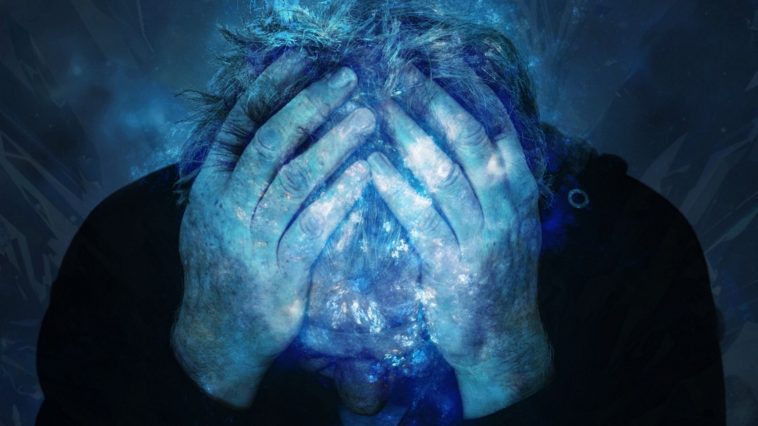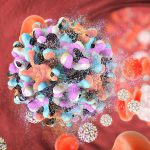Headaches happen. It’s good to know that there are some easy things you can do to alleviate the pain without visiting the doctor. Follow these suggestions, and you’ll be on your way faster relief.
Use a Heating Pad or Hot Compress
If you suffer from a tension-related headache If you suffer from tension headaches, put the heating pad on your neck or the inside of your skull. If you’re suffering from a sinus-related headache, then apply your head with a warm towel to the hurting area. A warm shower may be a solution.
Ease Pressure on Your Scalp or Head
If your ponytail isn’t tight, it may result in a migraine. The “external compressive headaches” are also caused by wearing a hat, headbands, or swimming goggles that aren’t tight enough.
Dim the Lights
The bright light or its flickering even from your laptop screen could trigger migraines. If you’re susceptible to migraines, make sure your windows are covered with curtains that block out light during the daytime. Wear sunglasses outdoors. You can also put an anti-glare screen on your computer or use daylight spectrum fluorescent bulbs for your light fixtures.
Try Not to Chew
Chewing gum can cause pain in your jaw and your head. It’s the same when chewing on your fingernails and lips, cheeks’ insides, or even small objects like pencils. Avoid eating sticky and hard-to-chew foods, and ensure you have small bites. If you are prone to grinding your teeth at night, consult your dentist for the possibility of a dental guard. It could reduce your morning headaches.
Hydrate
Drink plenty of fluids. Dehydration can trigger headaches. Migraine or cause it to get worse.
Get Some Caffeine
Take a cup of coffee, tea, or anything with some caffeine. If you experience it before the pain begins, it can help ease the pain of your headache. It may also aid in making over-the-counter pain relievers such as acetaminophen function better. Make sure you don’t consume too much caffeine because withdrawal can trigger a headache.
SUGGESTED
Practice Relaxation
It doesn’t matter if it’s yoga, stretches, meditation, stretches, or even the progressive relaxation of muscles. Knowing how to relax when you’re suffering from the throes of a headache could relieve the discomfort. Talk to your physician about physical therapy if you suffer from muscle spasms in your neck.
Try Massage
It’s easy to do. A few minutes of massaging your neck, head, and temples can reduce tension headaches caused by stress. Apply gentle, alternating pressure to the affected area.
Take Some Ginger
A small study of a small size discovered that ginger, as an addition to the usual over-the-counter pain medications, reduced pain for patients in the ER suffering from migraines. Another study found that it worked nearly as effectively as prescription migraine medication. It is possible to try an alternative or make tea.
Use Meds in Moderation
Drugstore shelves are stocked with painkillers to treat all kinds of headaches. To reap the maximum benefit and minimize the chance of risk, follow the instructions on the label and these guidelines:
· Choose liquid over pills. The body is more able to absorb it.
· Use painkillers right away when you feel that you are hurting. You’ll likely be able to beat it using a lower dose than if it’s left to do not take action.
· If you feel sick to your stomach whenever you have a headache, Ask your physician for advice on what could help.
· Consult your doctor about the steps you can take to prevent the occurrence of a headache rebound, which is pain that occurs after some days of painkillers.
Be sure to speak with your physician about the headache symptoms to not treat at home.
Essential Oils Can Have a Calming Effect
Although there is no evidence to suggest that essential oils may lessen the severity or frequency of migraines or headaches, However, some individuals feel relaxed when they massage their hands with lavender oil or peppermint oil diluted or basil oil on their temples or place a few drops into diffusers to scent the air.” Lavender is calming and anything that reduces stress can be helpful,” says Kriegler.
Although lavender oil may be inhaled or applied to the skin, it is not recommended to be consumed orally due to its potency and potential to consume too much, as per Cleveland Clinic.
In addition to peppermint oil, peppermint tea made from dried or fresh leaves can help relax and aid in proper water intake.
“Basil oil is a well-known a natural remedy for relaxation, as well for its role as an analgesic or painkiller,” Rothenberg says. Rothenberg. “The herb works as a muscle relaxant, so it is great for treating headaches caused by tension and tight muscles.”
When applying oil to your body, you should examine your skin by rubbing your inside wrist to ensure that you’re not allergic to the oil.
Cool your forehead
Dr Loder suggests that relaxing with a cold, wet washcloth or cold compresses placed on your eyes or forehead could offer temporary relief from headaches or migraines and make the headache disappear completely.
Many believe that ice can ease pain by shrinking blood vessels. However, the doctor. Loder says that headaches it’s more likely to be a “counterirritation” result: “If your brain is focused on the cold stimuli and doing nothing to address the discomfort.” However, no matter how it works, according to her, it’s a helpful and effective treatment for people who suffer from chronic headaches.




